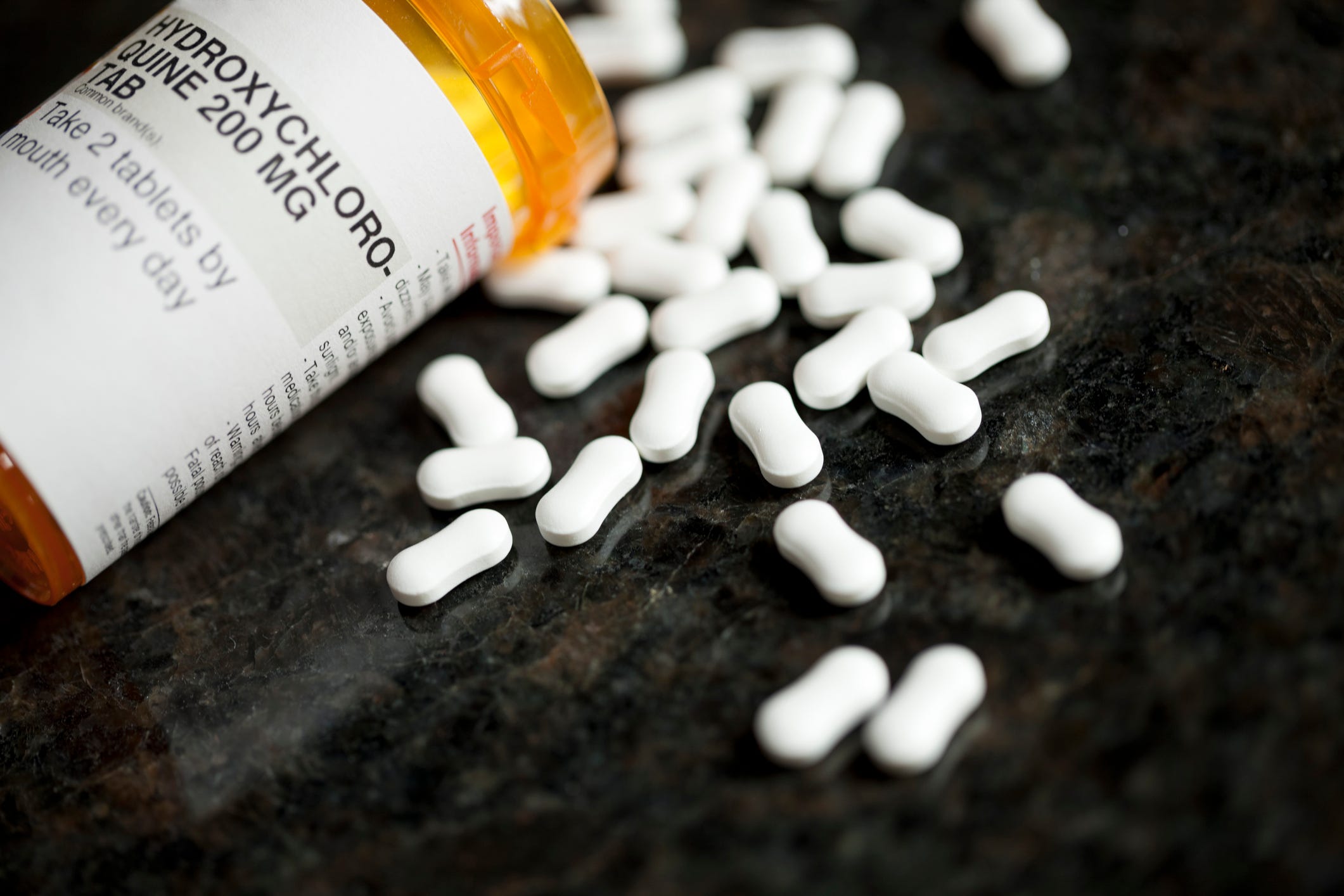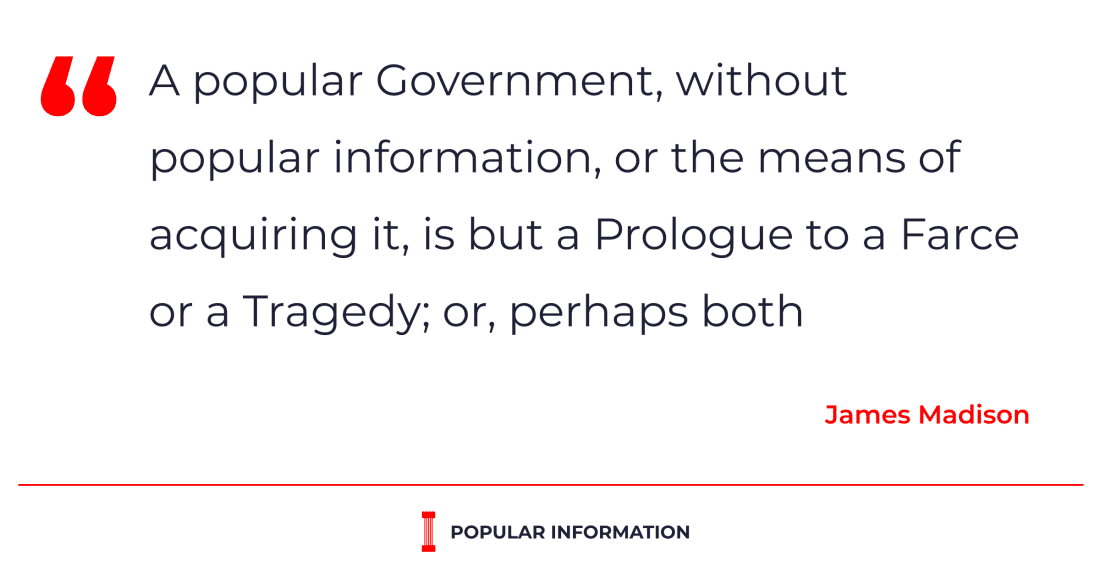 |
For the past several days, coverage of the presidential campaign has focused on comments Trump allegedly made during a 2018 trip to Paris, when he was scheduled to visit a military cemetery where U.S. troops are buried. According to The Atlantic, which cites several anonymous sources, Trump said, "Why should I go to that cemetery? It’s filled with losers." The magazine reports that, during the same trip, Trump referred to Americans who died in World War 1 as "suckers." The visit to the cemetery was canceled.
Trump, of course, denies he made either remark. The Atlantic's reporting was confirmed by the AP, The New York Times, Fox News, and The Washington Post. But what, exactly, are we trying to figure out about Trump with this story?
Trump's alleged remarks about veterans are substantively identical to things he has said publicly. In 2015, Trump said the late Senator John McCain (R-AZ) was "not a war hero" because "he was captured" and held as a prisoner of war. "I like people that weren’t captured," Trump said. He referred to McCain more than once as a "loser."
But The Atlantic story has received extensive coverage because it contains several elements that are irresistible to the political media — anonymous sources, angry denials, and a private comment that supposedly reveals a hidden aspect of the candidate's character. The political media has given huge play to similar stories about Clinton in 2016 ("basket of deplorables"), Romney in 2012 ("47 percent"), and Obama in 2008 ("cling to guns or religion.")
After more than three years in office, however, Trump's actions related to veterans and more important than his words. While the political media obsesses about what Trump privately said about veterans two years ago, the story of what Trump and his administration are doing to veterans during a pandemic is largely ignored.
This year, Trump and his administration have used veterans as "guinea pigs" to test an unproven and potentially dangerous drug, hydroxychloroquine, as a treatment for coronavirus. Trump insisted the drug would be a "game-changer" that would bring the pandemic under control. The Department of Veteran's Affairs continued to use hydroxychloroquine even after multiple studies showed it was not only ineffective but hazardous, and the FDA revoked emergency authorization.
Overall, more than 3,000 veterans have died of COVID-19 under the care of the VA. Many others have died of COVID-19 in facilities not under the control of the VA. It's unknown how many of those veterans received hydroxychloroquine because the Trump administration won't release the data.
6,339,700 tablets
In late May, the VA Secretary Robert Wilkie revealed in a letter to Senator Chuck Schumer (D-NY) that, between February 1 and April 23, the VA purchased "approximately 6,339,700 tablets of hydroxychloroquine" for about $2 million. (Hydroxychloroquine is an effective treatment for lupus and some other conditions.) Wilkie said that, during that time period, 1,300 veterans with COVID-19 were treated with the drug. At the time, that represented about 13% of veterans with COVID-19 under VA care.
What were the outcomes for those 1,300 veterans? Wilkie would not release the data, saying only that "reports are sent to the Institutional Review Board and to Data Monitoring Committees."
Researchers, however, had previously released a study of 368 veterans with COVID-19 in April. 210 subjects in that group received hydroxychloroquine, either alone or in combination with the antibiotic azithromycin. The remainder did not receive any hydroxychloroquine. The veterans who received hydroxychloroquine had worse outcomes, including higher death rates.
Rates of death in the groups treated with the drugs were worse than those who did not receive the drugs, the study found. Rates of patients on ventilators were roughly equal, with no benefit demonstrated by the drugs.
More than 27 percent of patients treated with hydroxychloroquine died, and 22 percent of those treated with the combination therapy died, compared with an 11.4 percent death rate in those not treated with the drugs, the study said.
Nevertheless, even after that study was published in April, the VA said it would continue to treat veterans with COVID-19 with hydroxychloroquine. “In certain cases, medical providers and patients want to try hydroxychloroquine to treat COVID-19, and FDA guidance, which VA follows, permits that,” VA Press Secretary Christina Noel said on May 27. In testimony to Congress, Wilkie would only say that the use of hydroxychloroquine had been "ratcheted down" since March.
The FDA revoked the emergency use authorization for hydroxychloroquine on June 15, concluding that "is no longer reasonable to believe" hydroxychloroquine is "effective in treating COVID-19." Further, the FDA said, use of hydroxychloroquine to treat COVID-19 is associated with adverse cardiac arrests.
But in a letter to Congresswoman Rosa DeLauro (D-CT), dated June 17, two days after the FDA revoked its emergency use authorization, Wilkie said that hydroxychloroquine would continue to be made available to VA doctors to treat COVID-19. The VA will provide hydroxychloroquine to doctors "along with current information on potential risks from the Federal Drug Administration and other authoritative sources for COVID-19 and non-COVID-19 uses."
Trump and Wilkie's false statements
Trump has repeatedly made false claims about hydroxychloroquine. He inaccurately stated that the drug is used as a prophylactic by "thousands of frontline workers." He called the study showing adverse effects among veterans "false" and produced by people who are "not friends of the administration." And he claimed that using hydroxychloroquine "doesn’t hurt people," despite the FDA's finding of adverse events including "abnormal heart rhythms such as QT interval prolongation, dangerously rapid heart rate called ventricular tachycardia and ventricular fibrillation, and in some cases, death."
Wilkie has also been a frequent source of misinformation about the drug. In a national TV appearance in April, Wilkie said hydroxychloroquine "has been working on middle-age and younger veterans." Months later, that claim remains completely unsubstantiated by any data or study. In another media appearance in late-May, Wilkie said that "in many cases [hydroxychlorquine] given over a sustained period of time can be a prophylactic." Studies have shown this claim is false.
The uncounted veterans
The official VA data shows that 3,044 patients and staff have died of COVID-19. But that undercounts the number of veterans who have died because it only includes "patients who have been tested or treated at VA facilities."
Many other veterans have died of COVID-19 at facilities that are not controlled by the VA. A number of those veterans have been treated with hydroxychloroquine. At the Southeastern Veterans’ Center outside Philadelphia, for example, dozens of older veterans were given a "COVID cocktail," including hydroxychloroquine.
For more than two weeks in April, a drug regimen that included hydroxychloroquine was routinely dispensed at the struggling center, often for patients who had not been tested for covid-19 and for those who suffered from medical conditions known to raise the risk of dangerous side effects, interviews, emails and medical notes and records obtained by The Washington Post show.
Though precise estimates vary, the state Department of Military and Veterans Affairs said about 30 residents received the drug. Several nursing home staff members placed the number higher. The Chester County coroner, who reviewed the medical records for some of those who died, said at least 11 residents who had received the hydroxychloroquine treatment had not been tested for covid-19.
While the facility is controlled by the state government, it is subject to regulation by the federal Centers for Medicare and Medicaid Services (CMS). In an August 27 letter to the Inspector General Department of Health and Human Services, Senator Elizabeth Warren (D-MA) and other Senators suggested that the administration turned a blind eye to the abuse of hydroxychloroquine at the Pennsylvania facility and other nursing homes. They asked the Inspector General to investigate whether CMS "properly used its authority to hold providers accountable for known misuse of this treatment, and whether appropriate guidance was given to providers about the use of hydroxychloroquine."
 |

